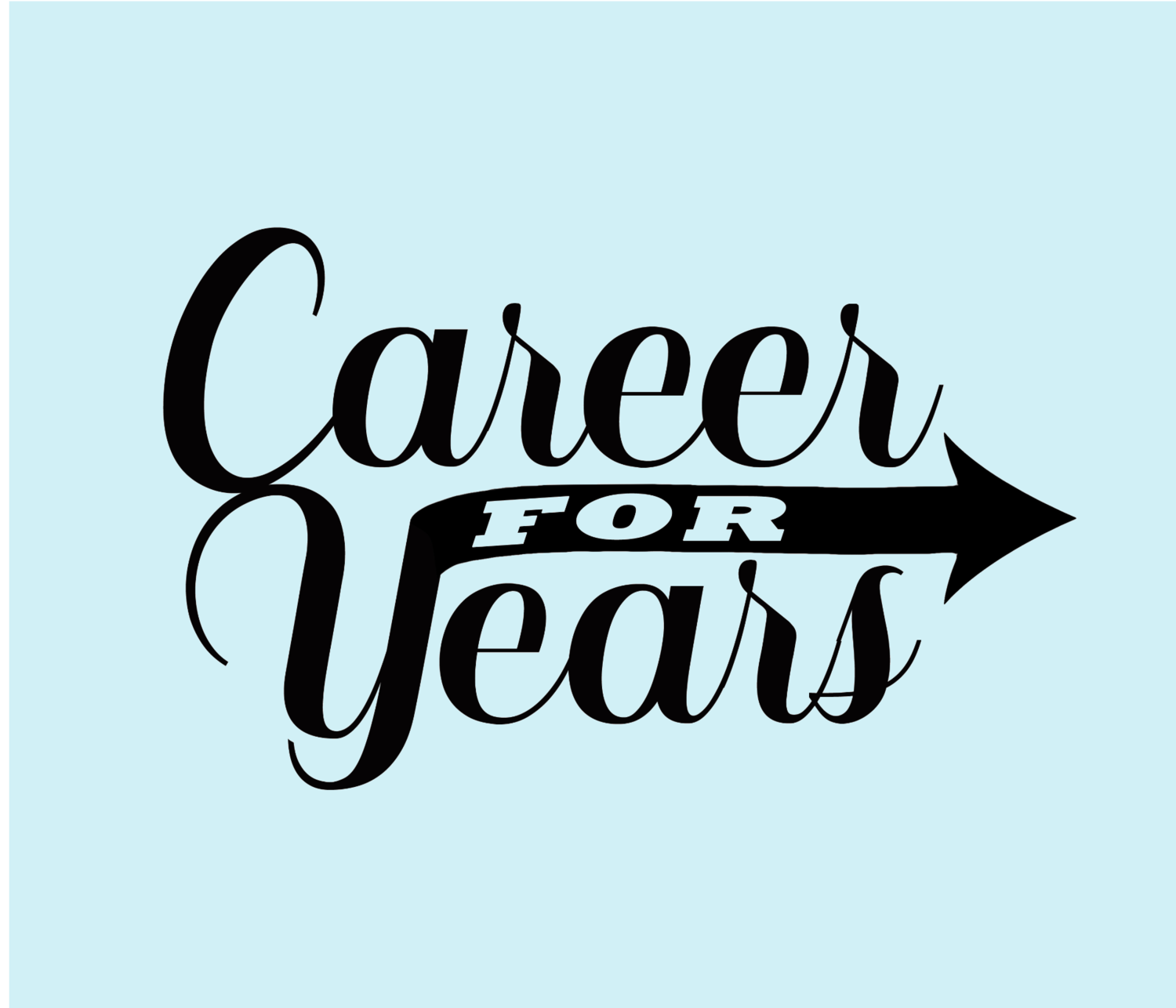Why you keep applying for the wrong jobs
Have you ever noticed while job hunting you get most excited about the roles that are the most familiar? The one’s you know you can do, but for the employer you could only dream of? Or the role you have but with the technology you don’t, or the growth you want, but the exposure you can’t get?
And why is it we’re drawn to these roles? It would seem pretty obvious, right? The greener grass, the career opportunity, the change. But I’m willing to bet that when you compare those shiny exciting roles with your current or previous ones, they will have a lot more in common than you first think. Maybe they rely on the same experience or education to succeed, require demonstrated abilities in the main aspects of your current role, and prefer someone with your natural strengths, just wait till they call your references! …
…Wait, are you applying for a new job, or your current one?
Evolution made you do it
As human’s, our brains have been taught over millennia that good things happen when we operate within the familiar. This bias keeps us alive, and also sneaks in at a minute level in all of our decision making, including career choices. Before we know it we’ve fallen in love with a job ad that reads oddly like our position description, without the annoying bits. (Spoiler alert - job adverts are designed to make you ignore the annoying bits). So if the job you’re about to hit apply to is more like your current job than not, why look at it at all?
What you’re (not) looking for
The motivation to look at other roles can come from almost anywhere, but the inclination to consider a new job is a sign your needs are not being met at work. What does that look like?
Arguing/disagreeing with colleagues and managers on operational directional decisions
Over or under investing time and resources in matters more relevant to you than your job description
Frustration over inefficiencies that do not impact on your deliverables
Undervaluing how others perceive you, or becoming reckless with your words and actions
Feeling undervalued, underpaid, and replaceable
Losing sight of what drew you to the role in the first place
Weak connection between what you want to do, and what you actually do
And that last note is the key. Because we are drawn to the familiar, we narrow the field of options for what we’ll consider as a career move to roles that look a lot like what we just left, and let the green grass of element of unknown be the missing piece that will make us happier. Guess what? It won’t.
This is why we keep applying for the wrong jobs. We are actually applying for the job we already have, but with different terms (new commute, better office, more pay, added responsibility). This does not actually address your career needs. It’s like a goldfish that’s grown too big for its pond. A new pond is not a solution unless it’s also a bigger pond.
What you’re (actually) looking for
These needs are not salaries, workplace flexibilities, constructive feedback or engaged coworkers, although those help. Your career needs are the opportunities to apply your strengths in pursuit of your values. When we don’t have these opportunities, we become resentful of the things that we do work towards or that take our energy, because we wish they didn’t. We begin to think of what we’d rather spend time and energy on, like friends and family, and look for jobs that allow us to do that, but we haven’t addressed the root of the problem. You are not acting in accordance with your gifts, your craft, and your purpose. And like it or not, you have and need to honour all three.
Gift - Your natural strengths and zone of genius
Craft - The impact you are trained to deliver with excellence for others, an activity involving skill (Nursing’s craft is improved health, Plumber’s craft is efficient utilities, my craft is joy & clarity in work)
Purpose - The reason you pursue that impact. Dignity, education, respect, reliability, efficiency etc.
If your job hunt has more to do with avoiding resentment over the absence of your gifts, craft and purpose (GCP) than it does discovering them, you will most certainly be applying for the wrong jobs.
3 Steps to stop the cycle
Know your GCP & the realities stifling them in your current job
Change what you can control in this reality
Look for evidence in your job hunt that there is more room for your GCP in the next gig
Now you’re applying for the right ones.
All the good stuff,
Lydia
